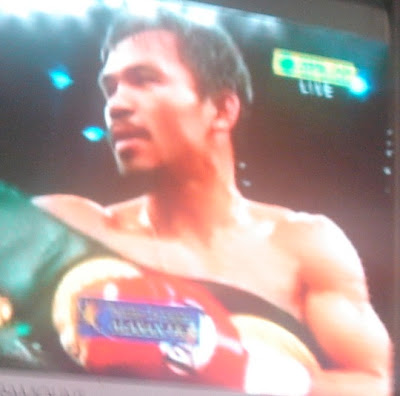
I have just bought two highly welcome books, both on the history of Philippine radio. One is "Appropriation of Colonial Broadcasting", A History of Early Radio in the Philippines, 1922-1946, (2008), by Elizabeth L. Enriquez, and the other is Stay Tuned, The Golden Years of Philippine Radio, by Ben Aniceto and Friends (2007).
Dr. Betsy Enriquez was a radio and TV broadcaster and a professor of broadcasting and media studies at U.P. for many years. Mr. Aniceto was a broadcast stalwart who ran AB S-CBN's Channel 2 until the declaration of martial law in 1972.
These two books should gladden not only students of broadcast media but also those who have been entertained and instructed by radio all these years. Dr. Betsy gives radio's development in the country a historical perspective. Commercial radio started and flourished here during the American regime and can, therefore, be viewed as an instrument of American colonial policy.
Mr. Aniceto discusses landmark developments as well, and provides personality profiles of the scores of managers, announcers and entertainment personalities who have figured in the history of Philippine radio.
Radio has been a dominant provider of news, opinion, entertainment and mass information in the country for almost 80 years. Before the advent of TV in the 1950s radio was the most far-reaching and maybe most influential medium of information and opinion hereabouts.
Dr. Enriquez asks a couple of intriguing questions in her book. "Does our more recent colonial past adequately and simply explain why Philippine broadcasting sounds and looks like American broadcasting? What may be the impact of this situation on the consciousness and sense of identity of Filipinos?
Mr. Aniceto puts together here articles by other broadcasters and features and vignettes on the numerous personalities and programs that dot the history of radio in the Philippines. Everybody seems to be here. Whether or not that makes for an exciting coherent history, or story, is another question.
But blessed is Ben for having told in his own, active- participant's, way his take on the story of this vital thing called Philippine radio.






